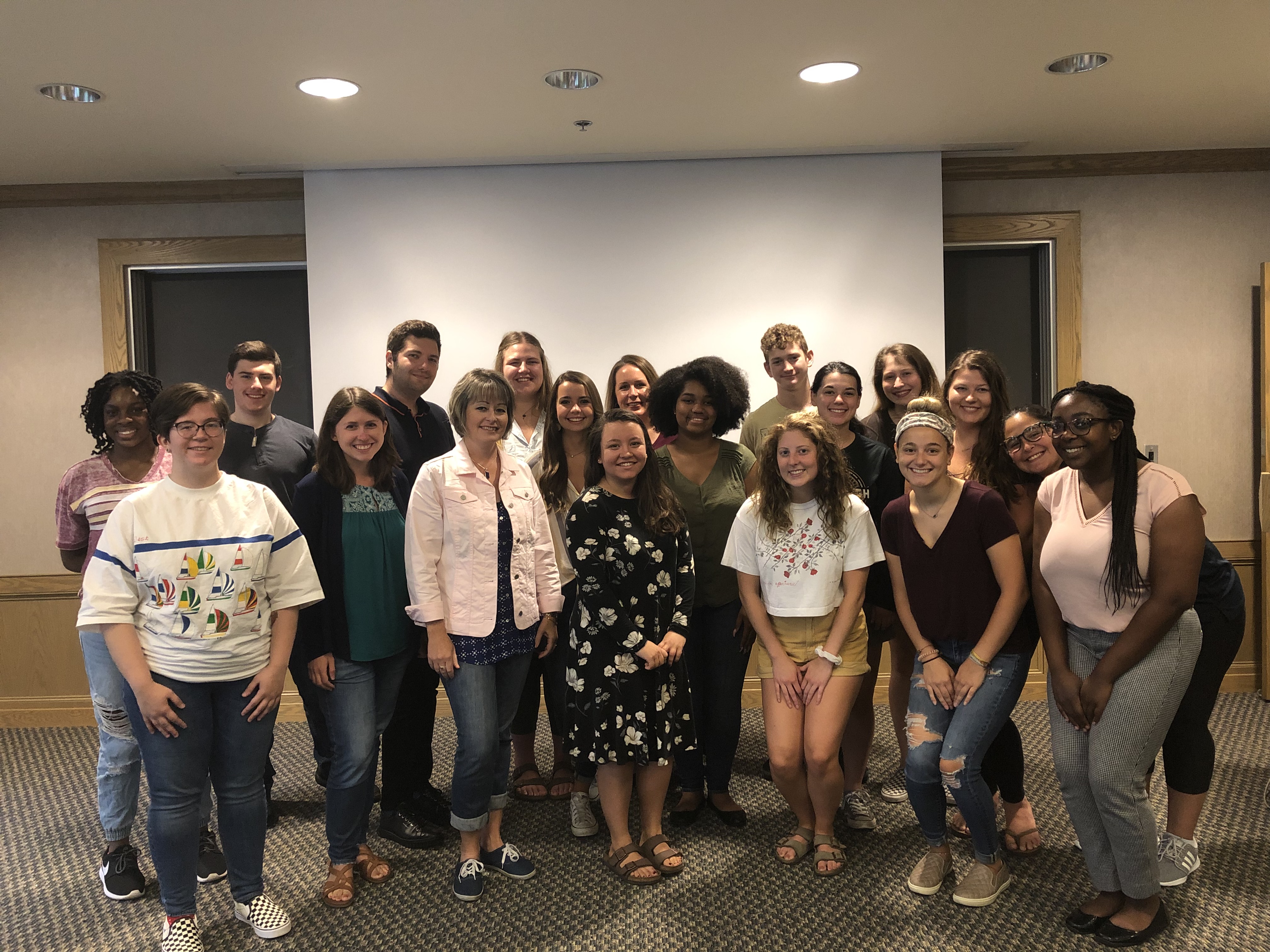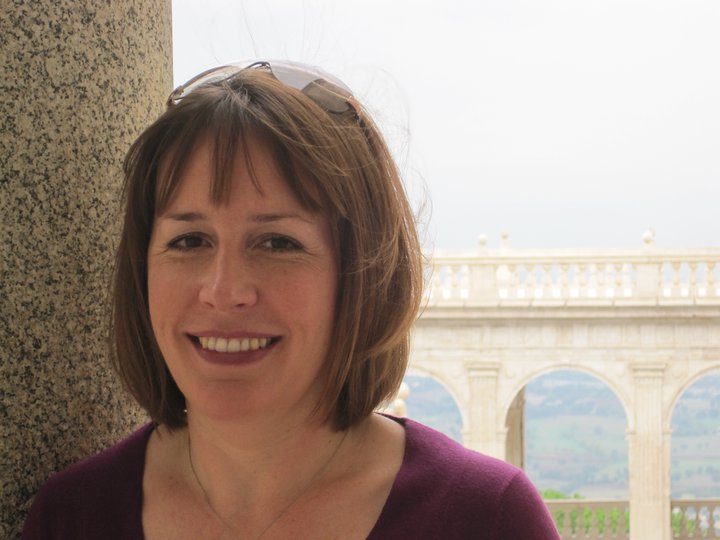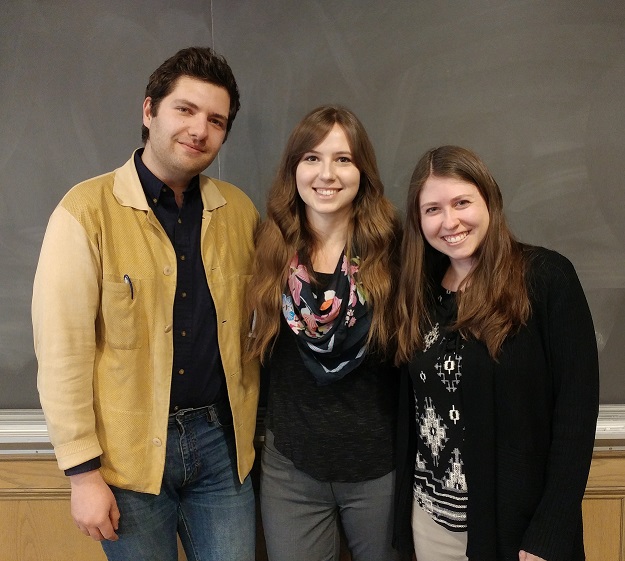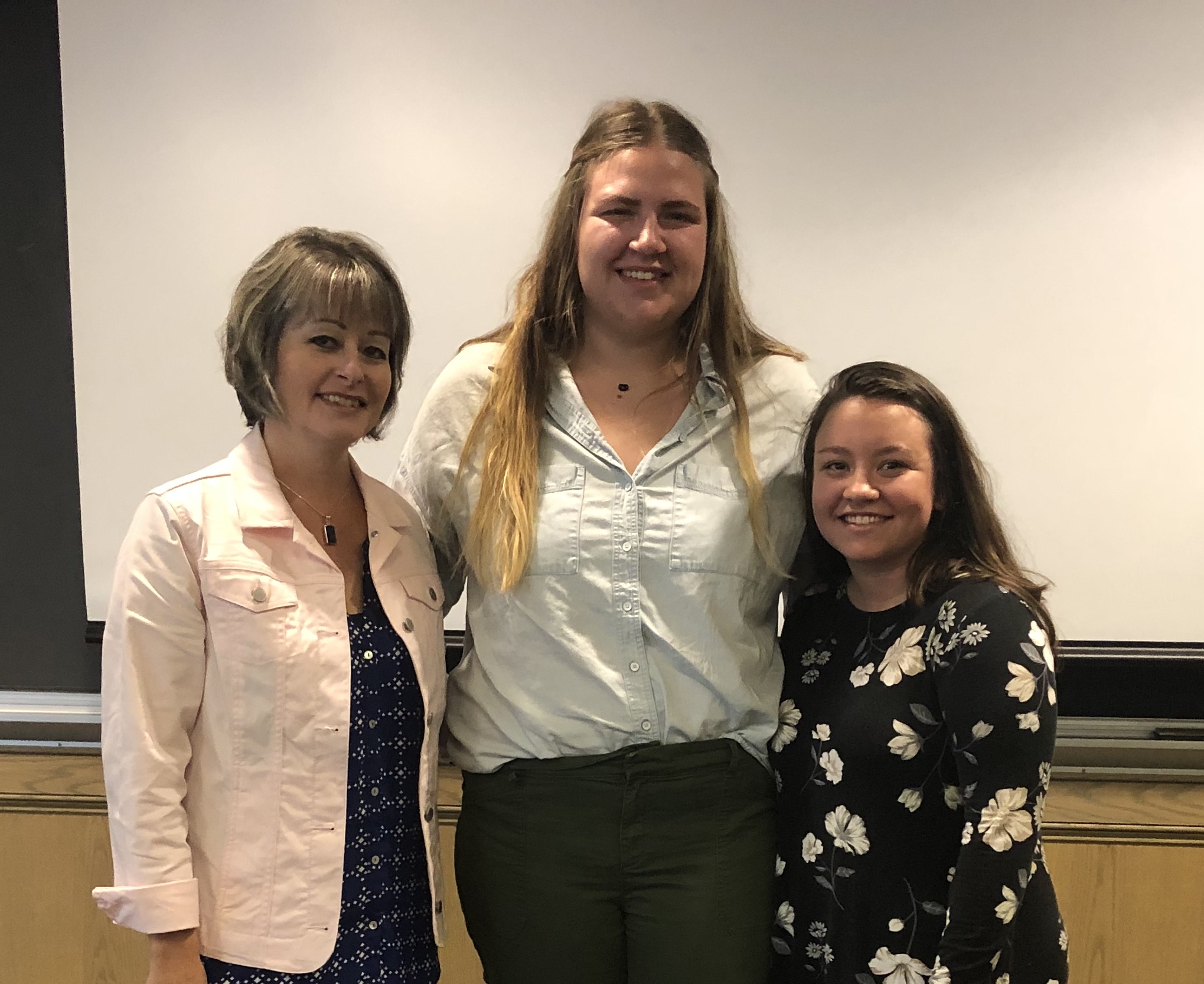Our Team

The Infant Communication Lab
Director: Jana Iverson, Ph.D.
My research program focuses on relations between early motor development and later-emerging ‘higher-order’ skills (i.e., communication and language). Specifically, I am interested in understanding: a) the way in which development in motor skills provides infants with an increasingly diverse set of opportunities for acquiring and refining abilities that contribute to development in domains such as communication and language and in which delays or deficits in motor skills can exert cascading developmental effects extending well beyond the motor domain; b) the developmental relationship between gesture and speech in children acquiring language typically; c) the extent to which early gesture-speech links are sensitive to variation in input; and d) the nature of early motor and communicative development in children at risk for Autism Spectrum Disorders (ASD). My research uses a variety of techniques, including studying behavior (i.e., grasping, reaching, sitting, crawling, walking, eye gaze, vocalizations, gestures) and movement kinematics (i.e., wrist acceleration, postural sway, standard gait parameters) to understand how movement and communication develop in infants and young children.
I have been at Pitt since 2003 and was our department's Director of Undergraduate Studies from 2013-2021. I now serve as the Director of Graduate Studies. I regularly have a large number of graduate and undergraduate students who work in my lab. I received the Chancellor’s Distinguished Research Award in 2007 and the Chancellor's Distinguished Teaching Award in 2018. I am a member of the Editorial Boards of the Journal of Child Language and Language Learning and Development, and am regularly on the conference review panels for the Meetings of the Society for Research in Child Development and the International Conference on Infant Studies.
Graduate Students:
(Left to right) Joshua Schneider, Kelsey West and Emily Roemer.
(Not pictured) Samantha Plate.Kelsey West:
My research focuses on how motor skills help infants to learn complex systems of information—like language—through their physical interactions with the learning environment. Consequently, motor delays may have ripple effects on other areas of development. I study these processes in infants who are developing typically, those who have language delays, and in Autism Spectrum Disorder.
Emily Roemer:
I’m interested in the development of social communication and how this diverges in infants who go on to have ASD. Specifically, I’m interested in the role of eye contact in parent-infant interactions, and the role of infant communicative behavior and caregiver input in relation to language development. I’m also interested more broadly in early diagnosis and intervention for ASD, and am receiving training through the Clinical Psychology program at Pitt. When I’m not in the clinic or doing research, I enjoy traveling and exploring the outdoors!
Joshua Schneider:
My research focuses on how infants learn and put new motor skills to use both in exploring their surroundings and interacting with caregivers. Reciprocally, I am also interested in how caregivers’ communication to their infants changes on real and developmental timescales and specifically, around the emergence of new motor skills (e.g., the onset of walking). Current projects also examine individual differences in motor skill acquisition, real-world infant movement in the home, and movement kinematics with the use of a gait carpet. I study these questions using dense, longitudinal datasets in both typically developing infants and those at risk for autism spectrum disorder.
Samantha Plate:
My research interests are focused on motor and language development in infants at high familial risk for autism spectrum disorder. In particular, I am interested in how motor skills effect early language development and how these developmental profiles relate to later social communication skills in children with and without ASD. By identifying signs of motor and language delay in the first year of life that predict later autism symptoms we can improve early diagnosis of ASD. I am also interested in identifying specific behavioral phenotypes of infants who do not go on to be diagnosed with autism even when they have high genetic risk. Outside of the lab, I enjoy baking, listening to podcasts, and visiting my family in Philadelphia.
Staff:
(Left to right) Julija Hetherington: Data Manager, Lauren Slivka: Research Assistant, Kaitlyn Cortez: Project Coordinator.
Our Collaborators
- Language and Communication across Modalities Laboratory at the Institute of Cognitive Sciences and Technology, Rome, Italy
- Baby Siblings Research Consortium
- The Human Movement and Balance Lab at the University of Pittsburgh
- The Infant Action Lab at New York University



